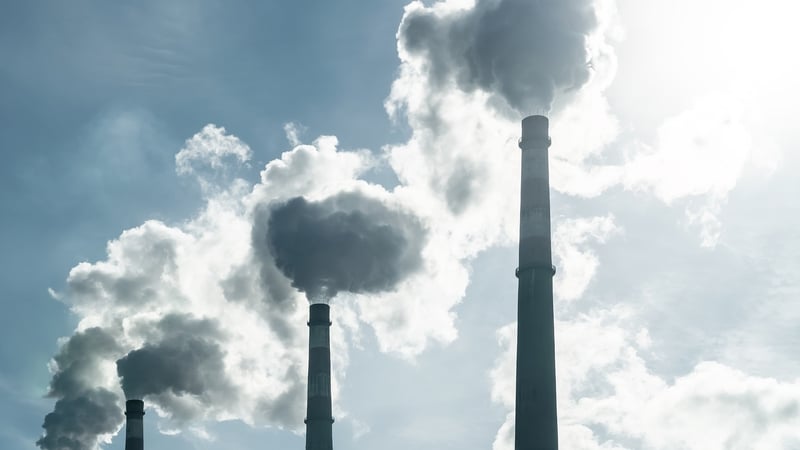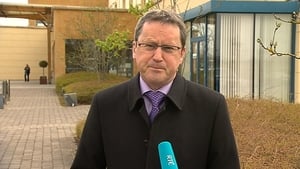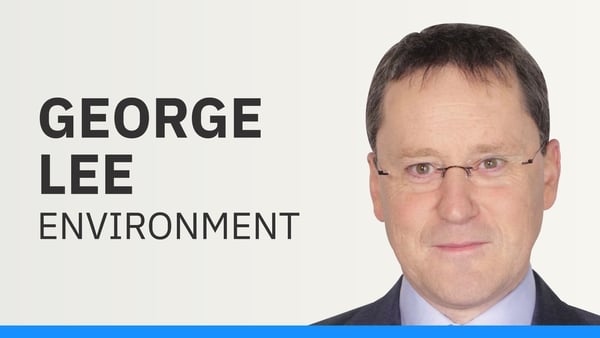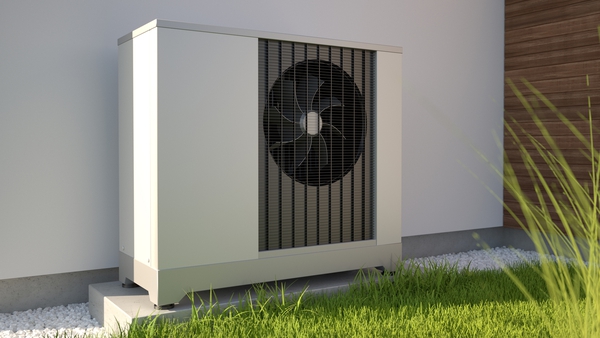Official figures showing a 6.8% reduction in Ireland's greenhouse gas emissions last year are incredibly positive news, the Director General of the Environmental Protection Agency has said.
"Right across society, we're seeing very, very significant reductions in greenhouse gas emissions, now at their lowest in 30 years", Laura Burke said.
She claimed that this is the most positive message the agency has been able to deliver in all her time at the helm since her appointment in 2011.
"The combination of climate policy and decarbonisation measures, regulation, economics, and action by individuals and communities is working," Ms Burke said.
This 6.8% figure is a reduction of one-tonne of climate pollution per year for every man, woman, and child in the country.
This represented the largest ever single-year reduction and brought emissions to their lowest level for three decades.
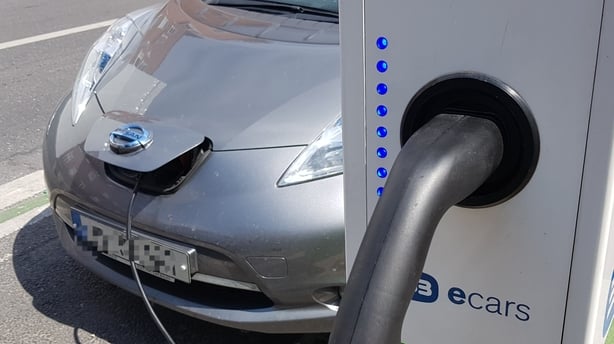
It is the largest reduction in emissions in non-recessionary times and the second consecutive reduction in two years.
Minister for Environment, Climate and Communications Eamon Ryan said the figures show Ireland is breaking the connection between growth and emissions and laying the foundation for a green economic future that businesses will want to invest in.
Transport emissions went up marginally, by less than one-third of 1%. However, the climate damage done by Ireland's transport sector in 2023 was still 4.3% below pre-Covid levels. This was despite a 3% increase in the number of vehicles on the road last year.
A significant increase in biofuels added to petrol and diesel, more electric cars on the road, and greater use of public transport were all key to this figure.
There was a decrease of 7% in greenhouse gas emissions from people's homes. This was the second substantial annual reduction from the residential sector. High fuel prices and a milder winter reduced fuel use for heating, as did the introduction of nationwide solid fuel regulations.
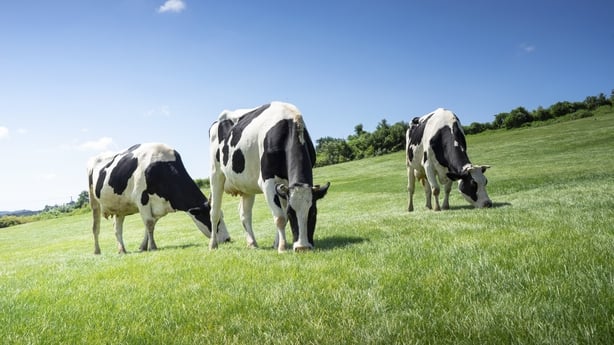
Additionally, over 30,000 heat-pumps were installed last year, bringing the total in the country to 120,000.
The star performer, however, was the energy industry, where emissions went down by 21.6%.
This was the result of a 12-fold increase in imported electricity combined with an enormous renewable electricity contribution from wind and solar, as well as a reduction in the use of non-renewable energy sources such as coal, oil and peat.
There was a big contribution from agriculture too, with emissions in the sector down by 4.6%. The key to this was an 18% reduction in fertiliser nitrogen use, reduced lime application and overall reduction in numbers of non-dairy livestock.
Speaking on RTÉ's Morning Ireland, Ms Burke said that there was still a lot more work to do, but this development should give people hope.
Ms Burke added while the news is good, for Ireland to meet its first carbon budget, reductions of 8.3% per year are needed in 2024 and 2025.
"But if you look at 2023 and a 6.8% reduction, that is not far off it shows that we can actually do it."
We need your consent to load this comcast-player contentWe use comcast-player to manage extra content that can set cookies on your device and collect data about your activity. Please review their details and accept them to load the content.Manage Preferences
Ms Burke said these are significant findings and they signal the impact of climate action and decarbonisation measures across Ireland’s economy and society.
However, she warned that while these are positive results for the year 2023, Ireland is nevertheless well-off track in terms of meeting its EU and national climate targets for 2030.
Ms Burke said greenhouse gas emissions were still only 10.1% below 2005 levels.
"This is well short of Ireland’s EU Effort Sharing reduction commitment of 42% by 2030, and Ireland needs to maintain and further build momentum.
"We need to achieve an extremely challenging annual reduction of 8.3% for each of the years 2024 and 2025 if Ireland is to stay within the first carbon budget," she added.
Mr Ryan said the reasons for the reduction are all around.
"In our communities, over 100,000 homes have now gone solar. Our farmers are delivering on climate action every day, with a reduction of 4.6% in that sector. In transport, which is the hardest sector to turn around, emissions increased by only a marginal amount with more EVs, better public transport and increased biofuels."
Mr Ryan added that more improvements are still needed: "We have much more work to do - there is no room for complacency - but across every sector, we are seeing green shoots that are improving people’s quality of life. Ireland is going to keep going green."
We need your consent to load this rte-player contentWe use rte-player to manage extra content that can set cookies on your device and collect data about your activity. Please review their details and accept them to load the content.Manage Preferences
The environmental campaigning charity Friends of the Earth welcomed the emissions reduction, describing it as an encouraging step in the right direction.
Chief Executive Oisin Coghlan said: "What these figures show is that politicians must hold their nerve on climate action.
"Government policy is beginning to make a difference, but in recent times, we have seen politicians in this country and across Europe step back from accelerating climate action because of pushback from vocal interest groups."
John Sweeney, Emeritus Professor at Maynooth University and Climatologist, said that the reduction of the greenhouse gas emissions was progress on a "limited scale".
Speaking on RTÉ's Today with Claire Byrne, he said that we cannot get too far ahead of ourselves.
